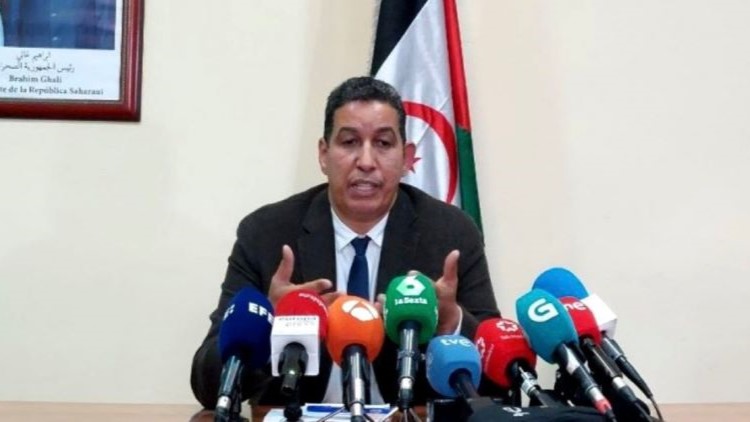Eduardo González
The acting Minister of Foreign Affairs, José Manuel Albares, admitted yesterday that an agreement for the officialization of Catalan, Basque and Galician in the EU will also not be reached at the next General Affairs Council (GAC), which will prevent the timely fulfillment of the commitment made in this regard by the acting Prime Minister, Pedro Sánchez, with the Catalan pro-independence Junts to ensure their support in the investiture vote.
The General Affairs Council will again address the proposal of the Spanish Presidency of the Council of the EU for the reform of the European language regime at its next meeting on November 15, but Albares already advanced yesterday, during an interview on the program Els Matins, of TV3, that on that occasion an agreement will not be reached either because, for that, it is necessary that the 27 Member States evaluate the two reports requested by the Government to the services of the European Commission on the material and budgetary impact of the measure. “It makes no sense to bring a matter to a vote when the reports have not yet been issued,” he warned.
The elaboration of these reports, according to the minister, may take “about two or three months”, which will prevent him from meeting the deadlines demanded by Junts. However, he warned, “the Government has fulfilled the agreement to take this matter to the General Affairs Council”, but “the times of Europe are not the times of national politics” and, therefore, it will not be possible to approve the proposal before the possible investiture of Pedro Sánchez. The Constitution establishes a period of two months to elect a candidate to the Presidency of the Government from the first vote of investiture. Therefore, the deadline for this is November 27th. If the investiture does not go ahead on that date, new general elections will be called.
In any case, according to the acting minister, “we are advancing very quickly”. “The important thing is not the speed, which is already unusual, but to achieve the objective”, which is to achieve the unanimity of the 27 EU states. “When we talk about unanimity, it’s not about votes, it’s about vetoes, and there are no vetoes,” he insisted, repeating the same words uttered by himself at the post-GAC press conference in Luxembourg. “It’s not submitting a proposal. I could present a proposal this very morning. It is to present the adapted proposal that achieves the consensus of the 27,” he said.
The General Affairs Council held this past Tuesday in Luxembourg decided to “remain seized of this matter” pending the presentation by the Commission of its analysis on the economic implications of the Spanish request, “in cooperation with the other EU institutions”, and the presentation of a subsequent “adapted proposal”.
The Luxembourg meeting began with Latvia and Lithuania announcing that they would reject the Spanish proposal on the grounds that changing the language regime would have a major “political impact” in their countries, where there is a significant Russian-speaking minority. However, the two Baltic countries did not oppose the continuation of the debate at a technical level within the EU-27 after noting that about a dozen Member States were still willing to continue discussing the cost or the legal fit of the Spanish proposal “on the basis of more detailed technical work”.
In order to try to move forward with the Government’s initiative, Albares presented an “adapted” proposal, which includes “the observations raised by some Member States at the Council meeting of September 19” and by which Spain undertakes to assume the costs of translation and interpretation of the three languages in the EU (after evaluation of the Commission’s reports) and which establishes that “the proposed reform is limited exclusively to the case of Spain”, taking into account “the specificity of Spain due to the series of conditions that Catalan, Basque and Galician meet and that make them a unique case in the EU”, and, therefore, that “other languages will not be able to benefit from this reform if the Member State does not wish to do so”.







